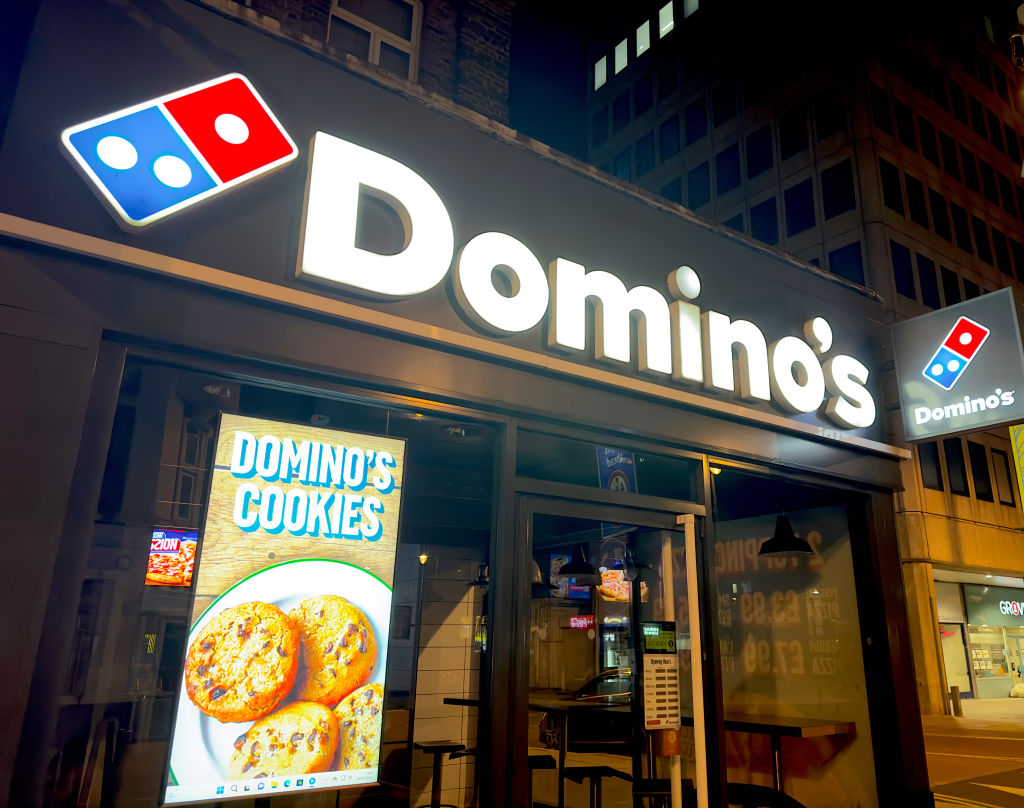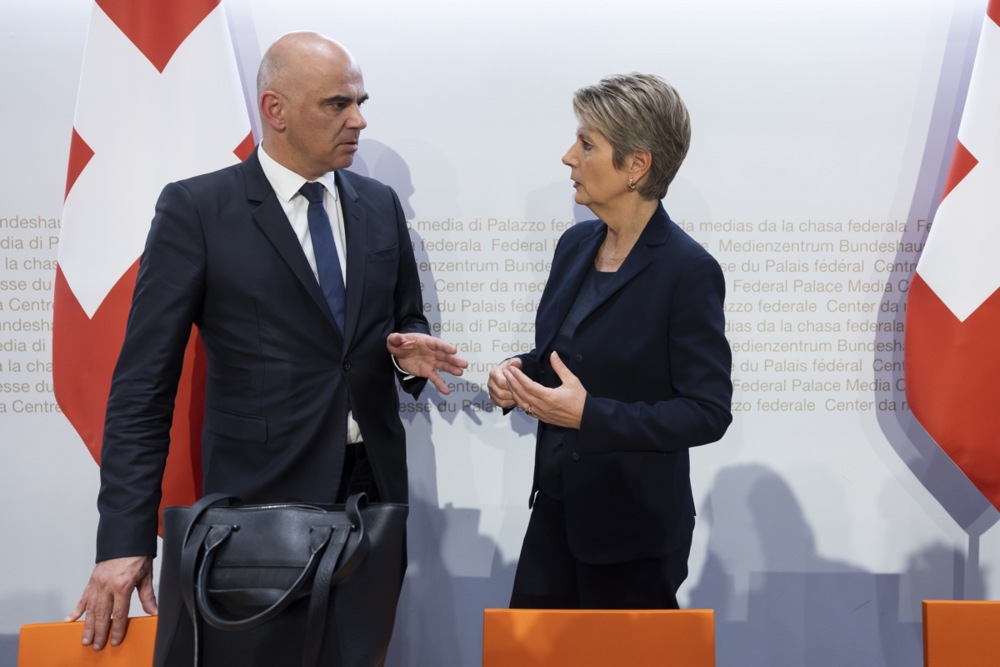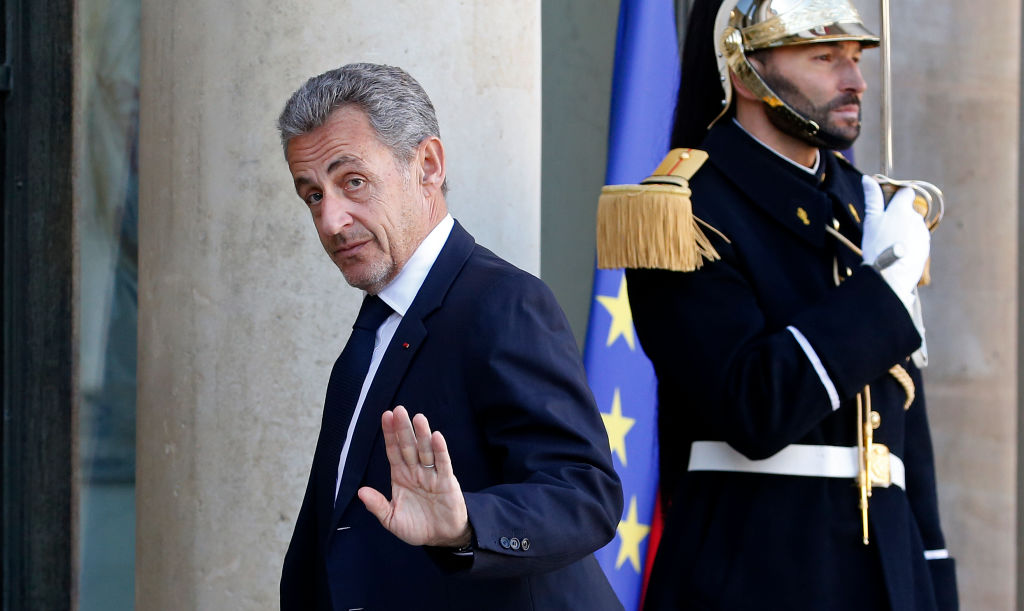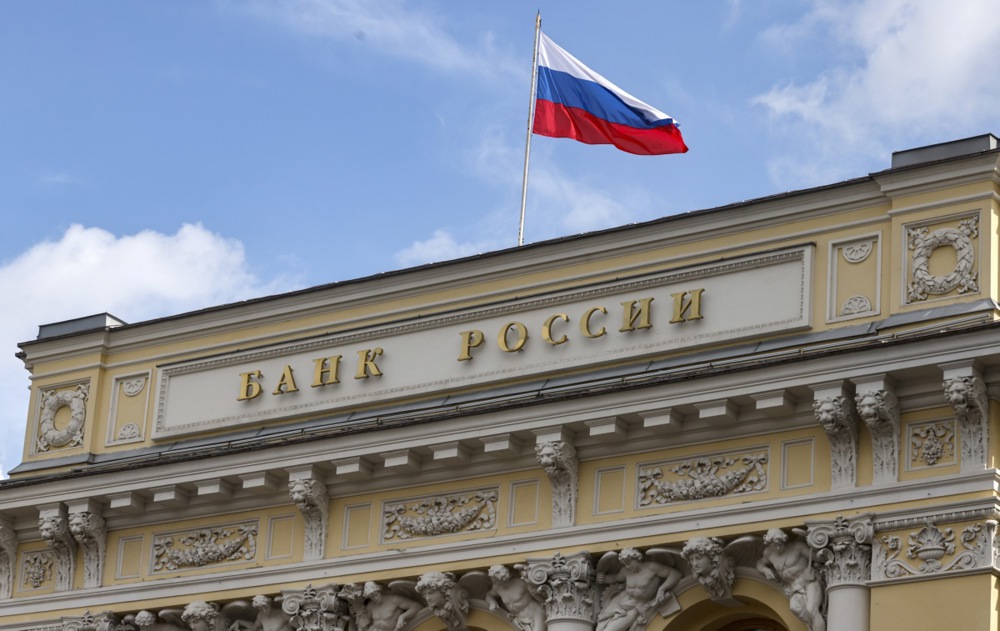Austria’s foreign minister Alexander Schallenberg said the countries of Europe cannot “cancel Russia” and cut off dialogue with Moscow in regard to creating a European security architecture after the Ukrainian conflict ends.
Speaking at the Quo vadis Europa? conference in Spain on August 21, Schallenberg argued that Western politicians need to be more realistic in their attempts to isolate Russia. He pointed out the country will always be on Europe’s doorstep and will remain a key international player.
“Whatever happens, Russia will remain our largest neighbour geographically, will remain the leader in the number of nuclear warheads. Russia is still a member of the UN Security Council. We cannot discuss climate change or any other issue without including Russia in the discussion,” Schallenberg said.
He referenced former German secretary of state Egon Bahr, the 20th Century German diplomat known for shaping “Ostpolitik”, the strategy aimed at normalising relations with the Eastern bloc during the Cold War. Bahr’s well-known phrase was cited by Schallenberg: “While America is indispensable, Russia remains immovable.”
The foreign minister cautioned that should the European Union attempt to construct a security framework that doesn’t involve Russia, it would inadvertently exclude not only Central Asia but also the Southern Caucasus.
Austria is a neutral country, a standpoint that is enshrined in its Constitution, although it does support Ukraine with aid.
“I constantly emphasise that we cannot return to the previous status quo. We are doing well; if we were to remain passive, we would be sending a message to other potential Putins,” Schallenberg said.
“We do not provide military support to Ukraine because, in that sense, we are a neutral country according to our Constitution. However, we do offer humanitarian assistance.”
18 months after Putin unleashed his war of aggression, some still ask why ?? supports ??. At the #QuoVadisEuropa conference hosted by @JosepBorrellF, I reaffirmed: Because our shared values are under attack, and because a rules-based international order is our best protection. pic.twitter.com/lwAmE5IqYy
— Alexander Schallenberg (@a_schallenberg) August 21, 2023
Austria is repeatedly accused on the international stage of financially assisting Russia President Vladimir Putin’s war efforts; few other countries in the eurozone are as reliant on Russian gas. According to data from June 2023, 60 per cent of total Austrian energy imports come from Russia.
When asked about a possible solution to the current conflict, Schallenberg also emphasised that there can be no peace talks about Ukraine without involving Ukrainians. “Trust has been completely destroyed by Moscow,” he said.
Quo vadis Europa? was headed by Josep Borrell, High Representative of the European Union for Foreign Affairs and Security Policy. He noted: “Putin has achieved the opposite of what he intended, which was to turn Ukraine into another Belarus, yet he has propelled it towards the realm of EU freedom.
“Without the war, Ukraine’s accession [to the EU] wouldn’t have been a topic for discussion, and Sweden and Finland wouldn’t have joined NATO.”
Minister of Foreign Affairs of Lithuania Gabrielius Landsbergis said: “In my country, we say that if you want to speak softly, you need to do it with a big stick in your hand. Have we given Ukraine a big enough stick? My country believes we haven’t.
“A strategic perspective is needed to achieve results and win this war. But if you only send what you have in the storages, we can only admire the resilience of the Ukrainian people.
“We have to plan Ukraine’s victory. They need to win for us. There will be no peace without victory,” Landsbergis concluded.
Dmitró Kuleba, the Ukrainian foreign affairs minister, also spoke at the event, stating: “Ukraine is winning a war, with no capacity to face an attack of this magnitude. No one thought the European Union would show such unity in the face of this attack, protecting its values and renewing itself with each step. A new process of reshaping power dynamics is now underway.”
He noted that the EU has already provided Ukraine with €16 billion in military assistance, adding: “This support is not charity but the best investment in long-term peace and prosperity.”





